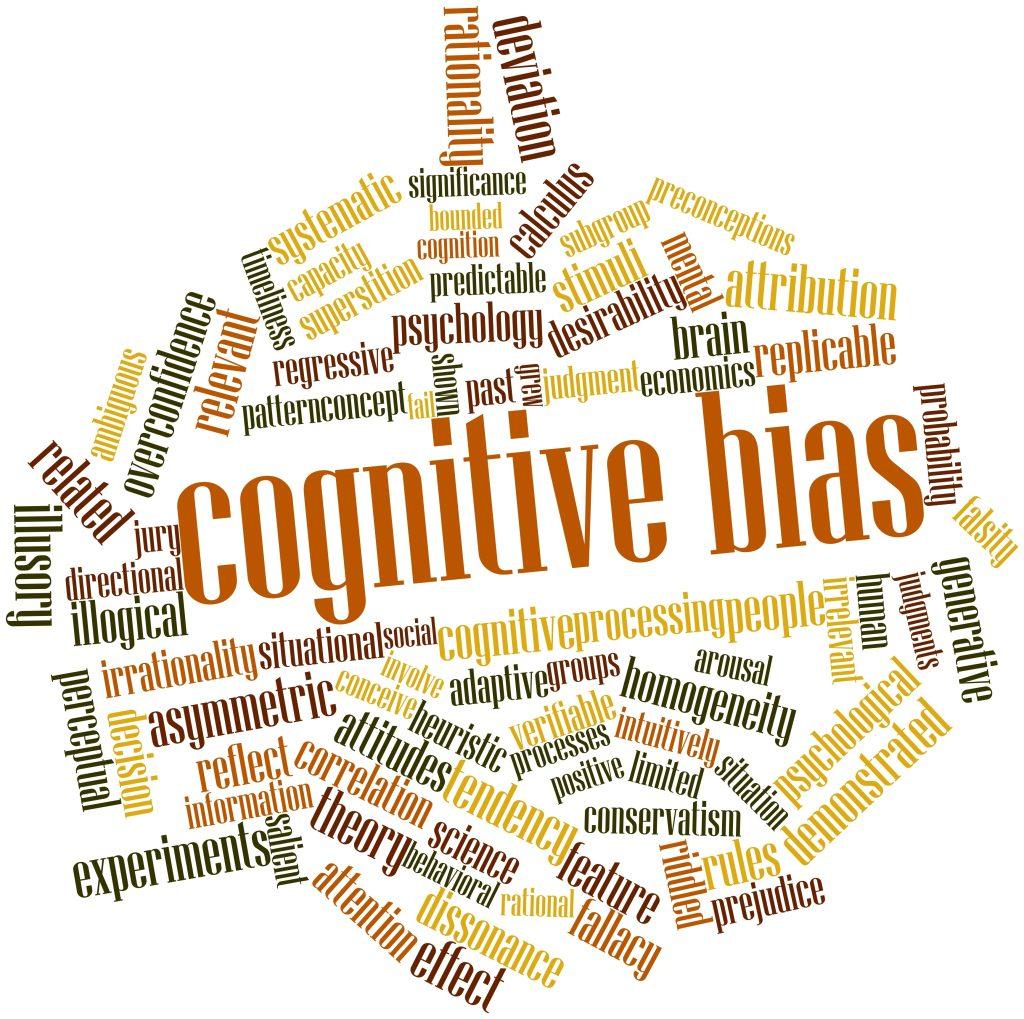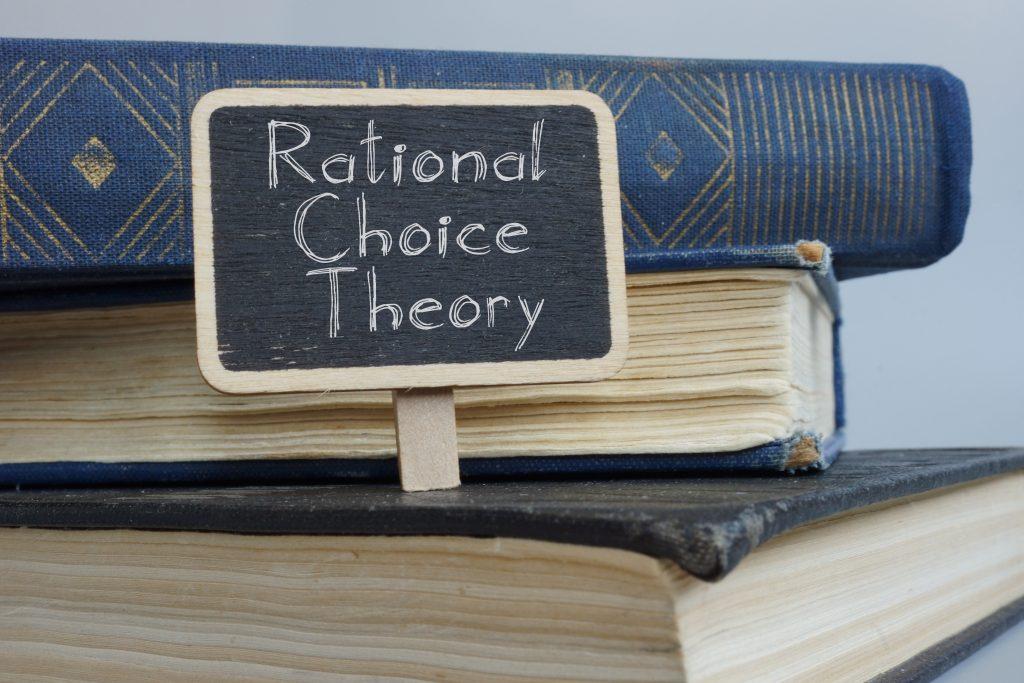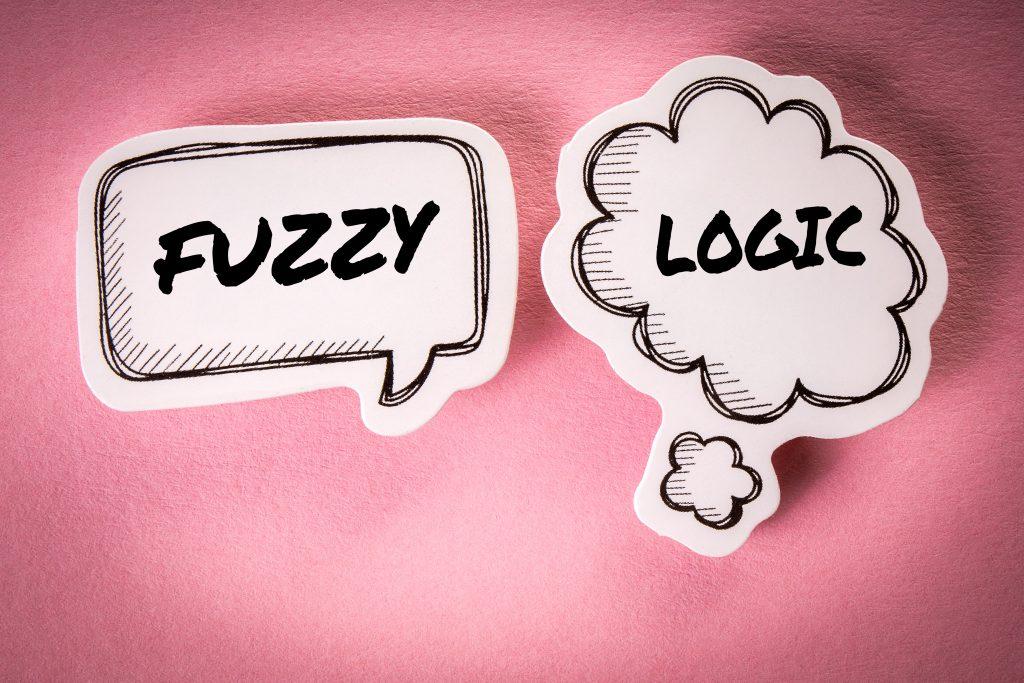
Rational Choice Theory is one of several other theories social workers use to evaluate client behavior and choose therapeutic interventions. Rational choice theory assumes the rational process individuals use to make decisions to maximize the benefit for the individual, group, or society.
Researchers and professionals such as qualified psychology teachers use Rational Choice Theory to understand decision-making. Fields that use it include marketing, free market economy, economics, organizational psychology, criminology, psychology, psychiatry, and social work.
Origins of Rational Choice Theory
The rational choice theory has its roots in the classical political theory of the eighteenth century. According to McCarthy and Choudhary (2018) “the conceptual foundations” of what they call the rational choice approach (RCA) “originate[s] in Cesare Beccaria’s1764 essay On Crimes and Punishments and Jeremy Bentham’s 1789 work (in table of contents), An Introduction to the Principles of Morals and Legislation.
Rational choice theory is closely related to Exchange Theory. Rational choice theory is another theory developed by sociologist George Homans in the early 1960s. Social exchange theory says that rational actors make decisions and interact in society to maximize their benefits and minimize their costs. Using the lens of exchange theory, decisions by individuals, groups, organizations, and even countries are transactional and aim to maximize profit and reduce costs.

How Rational Choice Theory in used the Behavioral Sciences and Clinical Work?
RCT understands individuals’ and clients’ decision-making processes and underlying rational motivations in the behavioral sciences and clinical work. Many rational actors believe RCT is used to argue that individuals make decisions based on selfish or self-serving interests like an invisible hand and irrational behavior. But this is not always the case.
Elster (2001) explained that rational decision-making could involve entirely altruistic motivations and self interests. Often, individual choices are with the benefit of others in mind.
Of course, altruism can circle back to the individual in the form of positive rewards, and this may be part of a conscious plan in making a decision or choice. Still, highly altruistic motivations are entirely rational for some people.
What are the Disadvantages of Decision-Making?
Rational thoughts can be highly irrational as well. In the case of irrational decision-making, therapists need to understand what motivates a client to make the decisions they make.
Someone who holds a view of the world as dangerous and unforgiving, for example, may make choices that help them avoid pain and punishment; this kind of decision-making is entirely rational for them. Understanding how clients view what is rational can help a therapist choose an approach that either seeks to adjust their thinking about what actions are helping or harming them.
Therapeutic Applications of Rational Choice Theory
According to Özdemir, Tanhan, and Özdemir (2018), therapies using rational choice theory “exert their effect either by disrupting patients’ ability to preserve unawareness, increasing the cost of the symptom, decreasing the patient’s emotional distress, or eliminating the stressor.” Disorders treated using a rational choice frame include obsessive-compulsive disorder, addiction, neurotic, and repressive behaviors.
How Rational Choice Theory Is Applied?
Rational Choice Theory states it is an economic principle that assumes that individuals can make logical decisions based on personal preferences and that their behavior can be explained by their self-interest and rational behavior.
Rational choice theory conflicts suggest that when making decisions, individuals prefer the choice that offers the most benefit to them in terms of achieving their desired goals. This principle is applied to many different areas such as economic decisions such as purchasing goods, public policy decisions such as voting, and even criminal decisions such as what type of crime to commit helps in situational crime prevention before you commit a crime.
The theory can be applied in each of these cases to explain the choices individuals make. For example, when deciding whether or not to purchase a good, we weigh the benefits versus the costs of the good and make the rational decision (based on our goals) to purchase or not purchase. When considering public policy decisions, the same rational choice is applied in terms of which policy offer the most benefit to the individual, either in terms of financial benefit, convenience, or desire.
Even criminal decisions can be explained using rational choice theory fails as criminals weigh the possible costs and benefits of different types of criminal activity to determine which offers the most benefit. In summary, Rational Choice Theory is applied to explain the decisions human beings make in many different areas, costs, and rewards, which may be driven by self-interest, convenience, or desire.
Further and higher education in rational calculation, rational decisions, rational justification, rational considerations, rational action theory, rational choice perspective, sociological theory, rational thought, psychodynamic theory, social sciences, other theories, human decision making, social behavior, and understanding crime displacement, and situational crime prevention.
Rational choice theory definition and rational choice theory applies to individual and collective behaviors in human behavior and human rationality.

How Does Rational Choice Theory Explain Human Behavior?
The rational choice theory argues that human behavior is the result of conscious and rational choices made to maximize individual utility. Rational choice theory states that people are driven by self-interests and that these interests are based on obtaining the highest rewards with the lowest associated costs and risks, interest, and the invisible hand.
According to this theory, behavioral decisions are based on a cost-benefit analysis and a weighing of the potential rewards and costs associated with different courses of action. Consequently, people act in a manner that will bring them the most benefit, or the least amount of harm. This theory is often applied to criminal behavior, with the argument that offenders consider the consequences of their actions before engaging in certain activities.
For example, an offender might consider the risks of being caught and the associated punishments and thus may decide to not engage in the criminal behavior. This theory also explains why individuals might choose to comply with the law when breaking the law might be in their interest due to their evaluations of potential outcomes.
Additionally, rational choice theory can explain why people make decisions in their personal and professional lives, such as why they choose certain career paths or why they may invest their savings in certain products or activities. Ultimately, the rational choice theory is based on the idea that people make conscious, calculated decisions to maximize their utility.
What are the Applications of Rational Choice Theory?
Political Science:
Rational choice theory is often used in political science to understand how public policy is chosen and to explain how voters make decisions. This theory posits that individuals act rationally by taking into account all costs and benefits associated with a given option before making a decision.
Economics:
Rational choice theory is a cornerstone of modern economics. Rational choice theory is used to explain why people make certain decisions in certain economic contexts. For example, rational choice theory can explain why a consumer may choose to purchase a certain product over another, or why an investor may choose to invest in a particular company’s stock.
Sociology:
Rational choice theory is also used in sociology to explain things like network formation, social interactions, or game theory. This theory is used to provide a better understanding of why people make certain choices or behave in certain ways.
Management:
The theory can be applied to management decisions as well. Managers often need to weigh the costs and benefits of different options before deciding on a course of action. Rational choice theory can be used to help evaluate these different options and to decide on a course of action that will maximize the benefit of the outcome.

Rational-Choice Theory of Neurosis
For example, Özdemir and others ( 2018) conceptualized the Rational-Choice Theory of Neurosis. They argue that repressive or neurotic behaviors are rational in that they can distract an individual from highly stressful or upsetting life events.
According to the authors, disorders that may constitute a coping mechanism and logical response to extreme stress include panic disorder, agoraphobia, anorexia, and obsessive-compulsive disorder (OCD). However, they point out that while symptoms distract from distressing thoughts, the individual may not be aware of why their behavior has changed.
Applications for Cognitive-Behavioral Therapy
Cognitive-behavioral seeks to disrupt and change the way people think about various issues, challenges, or events in their lives. Cognitive-behavioral therapy may involve examining whether an individual’s choices are rational. A therapist looks at the chain of thinking for an individual’s particular situation and disrupts that chain of thinking.
Then, a new way of thinking can emerge. Acceptance and Commitment Therapy is a form of cognitive-behavioral therapy. Rational choice theory helps clients accept what they cannot change and make achievable goals for the future. This is another example of treatment trying to help a client make rational choices for the future.
Strengths and Weakness
A strength of rational choice theory is it helps us to understand the motives behind individual and even collective behaviors. For example, why would an individual, group, or society choose a particular decision?
What is the calculus, and what are the expected rewards? RCT provides a framework for therapists to analyze and understand their clients’ behaviors and situational crime prevention. Then, therapists may use it to change these behaviors.
Also, several disciplines use rational choice theory to understand behaviors at the individual and group levels. Furthermore, rational choice theory helps practitioners understand behavior that is not so rational on its face. Then, it prompts them to know why it is rational for their client.
Rational Choice and Ethics in Decision-Making
Some also believe RCT does not consider the contribution of values and ethics to decision-making. For example, according to Crossman (2019), RCT “does not explain why some people seem to accept and follow social norms of behavior that lead them to act in selfless ways or to feel a sense of obligation that overrides their self-interest.“
Is Rational Choice too Induvalistic?
Another critique of RCT, according to Crossman, is that it is too individualistic. Some prefer not to use individualistic theories to understand human behavior and decision-making because they believe “they fail to explain and take proper account of the existence of larger social structures. That is, there must be social structures that cannot be reduced to the actions of individuals and therefore have to be explained in different terms.”
Rational Choice and Social Work
Rational choice theory is just one of several theories that social workers use to guide their thinking about client behavior. Additionally, it helps them choose therapeutic interventions to help their clients.
For example, cognitive-behavioral therapies are a popular choice of intervention for clinical social workers. These therapies help clients recognize the rational purpose behind behaviors. They are also used by those who want to help their clients change behaviors that serve a rational purpose but are destructive or harmful.
Related:

